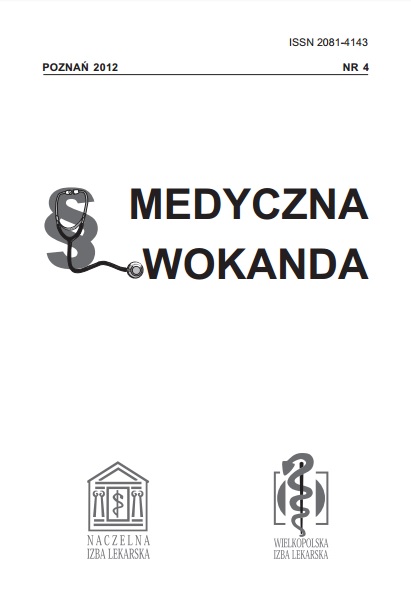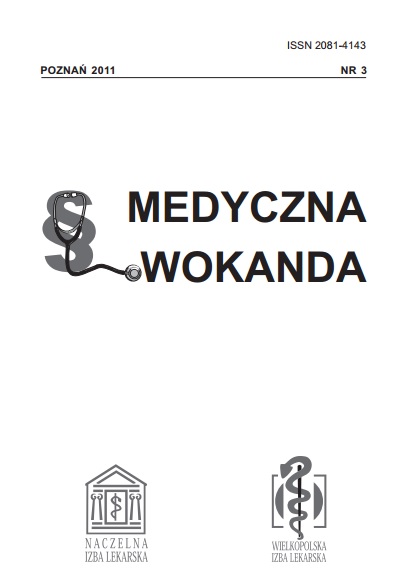
Nieleczniczy środek zabezpieczający umieszczenia w ośrodku terapii osobowości – szpitalu psychiatrycznym
The study concerns the draft amendment of the Executive Penal Code of 1997 (adding the stipulation in article 83a) and detailed amendment of the Act of 1994 on the protection of mental health, submitted by the Minister of Justice and leading to the establishment of ‘centers for personality therapy’ which enjoy the status of a psychiatric hospital. Careful analysis leads to the conclusion that the proposed solution was not well designed and, what is more, inconsistent. The draft amendments to these two legal acts were criticized by medical as well as legal circles.
More...
